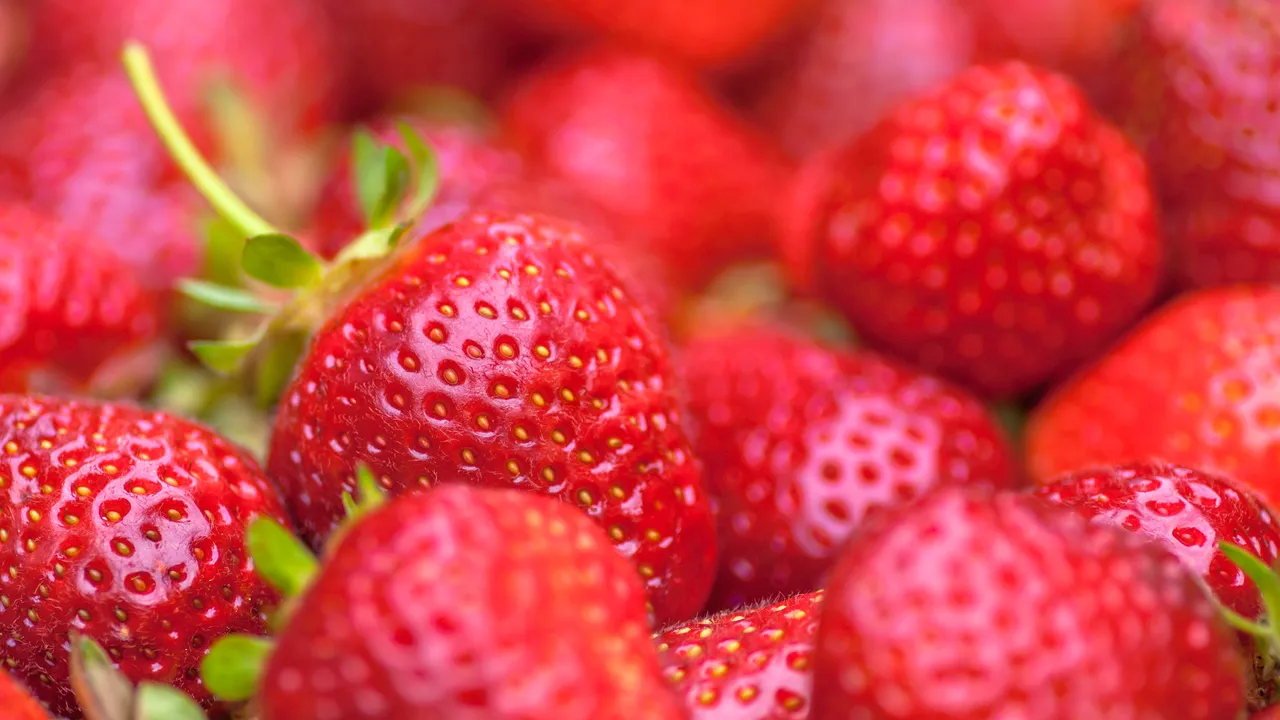
British fruits and vegetables have a problem with per- and poly-fluoroalkyl substances (PFAS), say campaigners.
In a new investigation, Pesticide Action Network UK (PAN UK) says it identified 10 different PFAS-containing pesticides used on UK fruit and vegetables.The campaign group analyzed data taken from the UK government’s Expert Committee on Pesticide Residues in Food.
The committee’s 2022 report tested around 2,500 samples of food taken from British supermarket shelves – over half of these products, according to PAN UK, contained traces of PFAS.PFAS in the supermarketPFAS are a growing concern around the world. The group of surfactants were first mass-produced in the mid-20th century to waterproof consumer products like pans and paints, and have since been incorporated into many pesticides.
They’re also known as “forever chemicals” because they have an almost-unbreakable highly-fluorinated alkyl chain backbone that makes them extremely chemically stable and difficult to degrade naturally.This toughness is all the more troubling considering the recent wave of research linking the chemicals to cancers, high cholesterol and low birth weights. Avoiding the chemicals doesn’t seem to be an option, either; most Americans already have some levels of PFAS in their blood, according to the US Department of Health and Human Services.Nonetheless, many campaigners, such as PAN UK, believe more regulations are needed to limit the public’s exposure to existing forever chemicals and to curb the production of new ones.
“We are urging the UK government to provide support to farmers and growers to find alternatives to PFAS pesticides,” Nick Mole, PAN UK’s policy officer, told Technology Networks.PAN’s investigation found that, out of all plant products tested by the UK’s Expert Committee on Pesticide Residues in Food, strawberries likely contained the most PFAS. Out of the 120 strawberry samples tested by the government committee, 95% were tainted with pesticides that contained PFAS, according to PAN. Grapes, cherries and spinach were the next worst offenders, with 61%, 56% and 42% of the sampled products, respectively, testing positive for PFAS-pesticides.
To get their findings, the PAN team checked every recorded pesticide in the Expert Committee’s data against a PFAS database curated by the campaign group’s European counterpart, PAN Europe.“The list of PFAS came from research by our colleagues in Europe,” explained Mole. “We then checked to see if they are approved for use in the UK and whether there are any products that contain these active substances.”The PAN team only took note of whether or not a PFAS-containing pesticide was identified on a food product, and not how much of the pesticide was present or whether it was above or below the relevant maximum residue levels.
While data from Northern Irish produce was available in the Expert Committee’s report, the PAN team didn’t interrogate them, as Northern Ireland is still subject to European Union pesticide regulations post-Brexit.Although the British food samples tested by the committee were subject to different standards, a minority of the produce was imported from abroad.The PAN team concluded with a call for change, imploring the UK government to urgently ban the 25 PFAS-containing pesticides currently in use in the country and to increase support for farmers to help them end their reliance on such forever chemicals.
Of the 25 PFAS-containing pesticides currently in use in the UK, 10 were used on the fruit and vegetables sampled by the Expert Committee, according to the PAN UK report“Overall we believe this is cause for concern both in terms of what the potential impact on human health might be and also for the wider environment from the use of PFAS pesticides in agriculture,” Mole told Technology Networks.